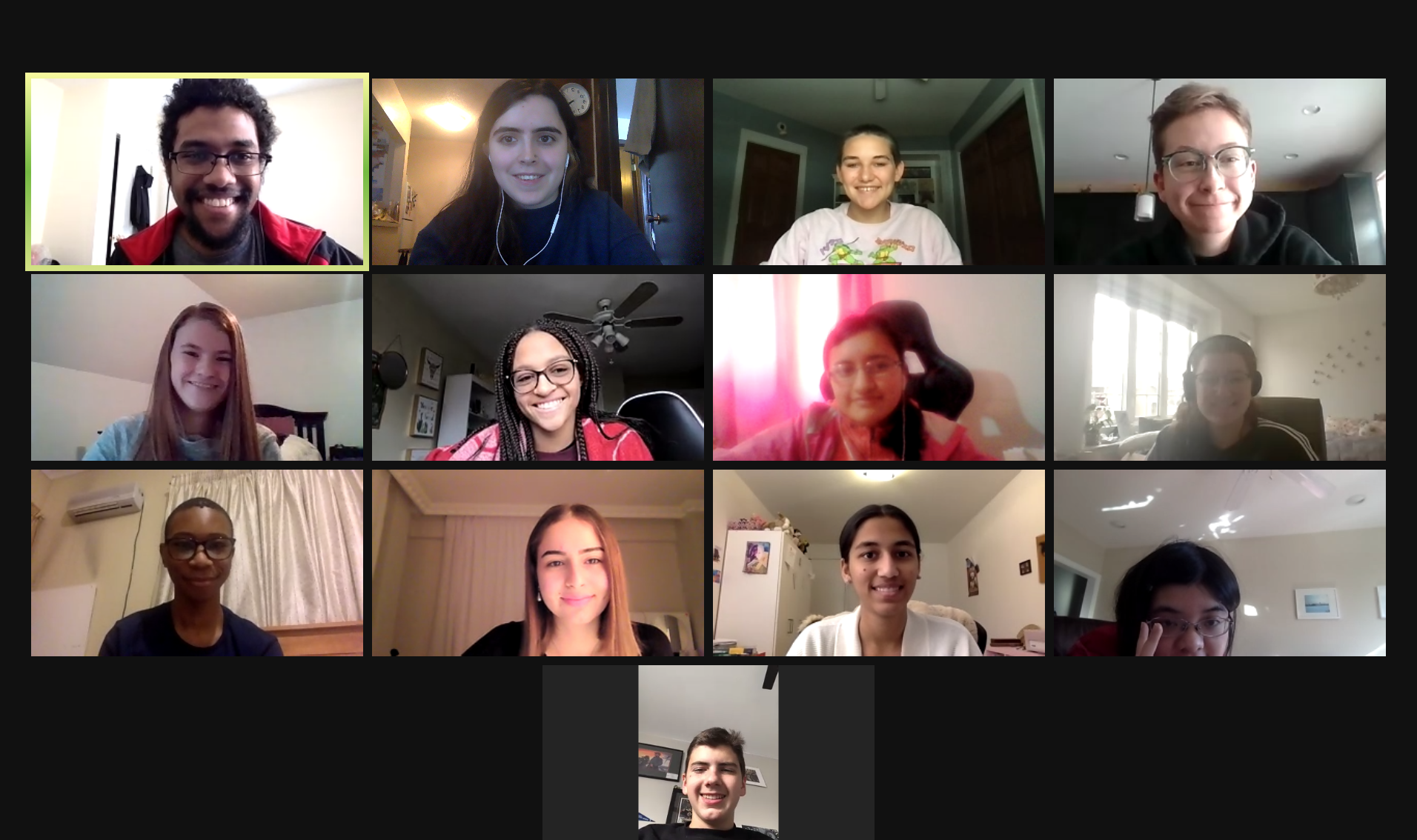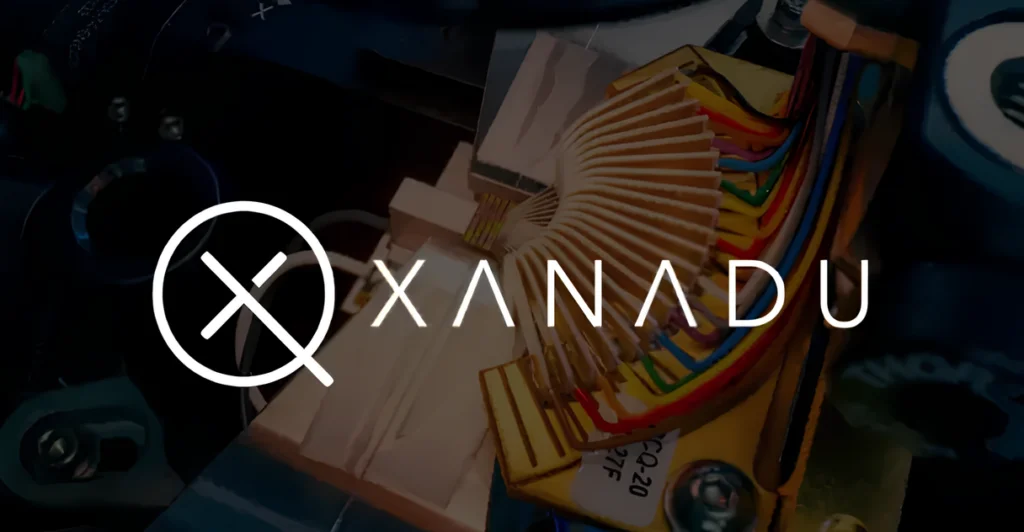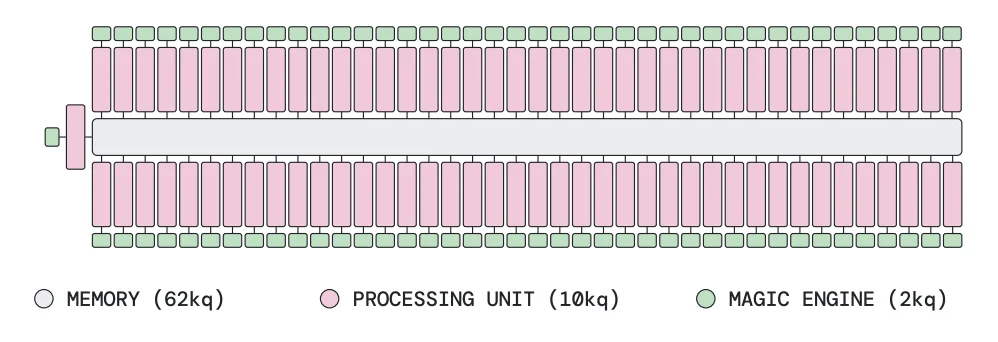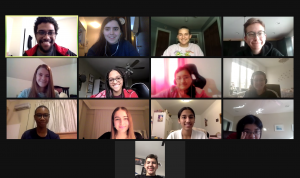
Quantum Ethics: Continuing the Conversation. One of the critical issues that surfaced in our survey on quantum ethics is the need for accessibility, diversity and inclusion as both an industry and societal good. In this story, we present work done by Qubit by Qubit to improve diversity and accessibility through educational programs targeted at high school students.
Access to a motivated, trained workforce will be critical for the success of the quantum industry.
But a motivated, trained and diverse workforce will be critical for a more equitable society and a better world.
That’s why The Coding School, a non-profit organization empowering the future generation through computer science education, developed Qubit by Qubit, or QxQ, a quantum computing course designed for high school students and above.

“Coding is key to social mobility in the 21st century,” said Kiera Peltz, executive director of QxQ and founder of The Coding School. “It’s critical that we not only provide early access, but long-term support for students to learn how to code.”
Quantum Programming Is The Next Chapter.
Because quantum computing has the potential to impact so many fields and industries, Peltz said that Qubit by Qubit reflects The Coding School’s mission to go beyond just training programmers.
 “Our belief has always been that we’re not here to make all students become programmers, or go work at tech companies,” said Peltz. “We want our students to learn that they can use their data science skills and go into public health, or they can use their machine learning skills to go into the medical science field, or a lot of other fields.”
“Our belief has always been that we’re not here to make all students become programmers, or go work at tech companies,” said Peltz. “We want our students to learn that they can use their data science skills and go into public health, or they can use their machine learning skills to go into the medical science field, or a lot of other fields.”
The creation of the Qubit by Qubit program speaks to the growing interest in quantum and a current lack of educational resources that target quantum learning for this age group, said Peltz.
“The more we learned about the potential impact of quantum — the benefits that it could have — and, furthermore, the lack of educational content that’s accessible currently, It just made it a no-brainer to offer opportunities to learn quantum at an early age,” Peltz said.
Qubit by Qubit offers a range of programming, including summer camps, year-long courses and workshops.
Last summer, they offered a summer camp in quantum, which served as a pilot quantum educational program, and gave the team a lesson in just how popular quantum computing has become. The camp was attended by more than 300 students in 17 different countries — some of whom stayed up late to catch the live six-hour lessons.
“We were blown away by students’ reactions to the summer camp,” said Peltz. “Some said this camp changed the trajectory of their lives.”
The current year-long course has over 7,500 students from 125 different countries, and is entirely free to students thanks to a partnership with IBM Quantum.
The goal of all of this carefully thought-out curriculum and instruction is to help the students explore the world of quantum in the most accessible — and interesting — way possible.
Rachel Zuckerman, program director, Qubit by Qubit, said the weekly lessons are structured so that students attend a two-hour lecture led by expert instructors on Sundays. Each week, the students also participate in one of 20 different lab sections that are most convenient based on their time zone, , which includes a review and interactive programming. There’s also a weekly homework assignment.
The goal of all of this carefully thought-out curriculum and instruction is to help the students explore the world of quantum in the most accessible — and interesting — way possible. The lessons touch on the foundational math, as well as focus on helping the students understand quantum algorithms and applications of quantum computing.
The course, which is running right now, also broadly covers programming skills, as well as dives into quantum mechanics.
“The students just covered the Bloch sphere and understanding and visualizing qubits,” said Zuckerman. “Then, we’ll get into gates and measurements. The class will eventually build up to algorithms and applications.”
There’s plenty of support along the way, they added.
“We also provide a variety of support through web-based platforms where students can ask their teacher assistants questions and offer homework reviews for students who might be getting stuck,” said Peltz.
The only real requirement is a basic background of geometry and trigonometry, Peltz added.
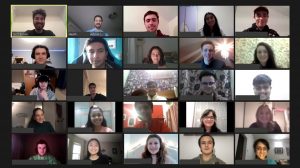
Diversity = Innovation
Because diversity is the key to innovation, Qubit by Qubit makes it a mission to recruit a diverse group of participants. In the current course, more than half of the students — about 55% identify as underrepresented in STEM, according to Zuckerman.
“One of our main goals is making sure that at the beginning of the quantum revolution, we are getting students from traditionally underserved backgrounds– all at the very beginning — to make sure we have an equitable quantum workforce,” said Peltz.
The program also accommodates students with diverse interests, along with different academic and career aspirations.
“We know that not every student who takes the class necessarily wants to be a quantum researcher,” said Zuckerman. “Many of the students have a forward-thinking perspective that they’re interested in different topics — they’re interested in healthcare, or they’re interested in biology, or other subjects. But, they’re starting to put the puzzle pieces together and are saying, ‘I might study something else in college, but I want to understand how this technology will impact the industry that I’m interested in.’”
One of the hidden benefits of the program is that students aren’t just learning how to be part of a field or industry. Qubit by Qubit students are actually exploring a pioneering field that is just forming.
“In a real sense, these students have a chance to actually help create the quantum industry and take part in how it forms,” said Peltz.
Peltz and Zukerman said they could not run their programs without sponsors. They’ve had backing from some of the biggest names in quantum, namely IBM Quantum and Google Quantum AI.
You can learn more here.
If you found this article to be informative, you can explore more current quantum news here, exclusives, interviews, and podcasts.

